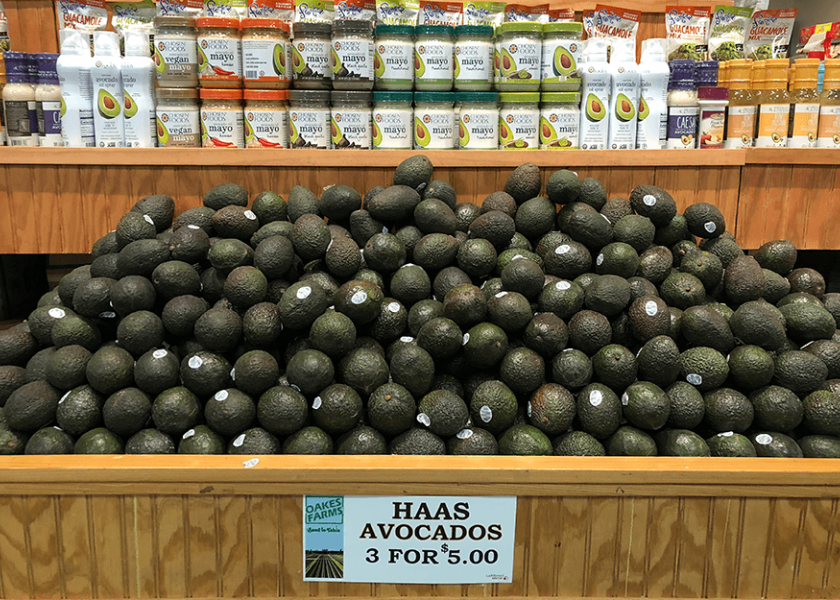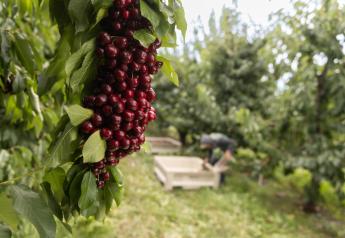Avocados from Jalisco: benefits, consequences for the U.S.

Recently, the USDA authorized the importation of Hass avocados from the Mexican state of Jalisco, beginning in April 2022. This decision opens the door to future imports from all producing regions in Mexico.
For the Mexican agribusiness, this is excellent news, since avocados are second only to beer in representing the country’s biggest foreign currency in terms of exports. And if current trends continue, there is a possibility that avocados will eventually surpass beer to become the most exported product.
However, this possibility will most certainly have repercussions for the U.S., both in production and trade.
When the 1914 ban on Mexican avocados was lifted in 1994, Americans were consuming about 1.1 pounds per person per year, the vast majority during the summer, which is when California farmers harvest. In contrast, the present annual per-capita consumption is 7.9 pounds, the majority of those avocados coming from Mexico.
In 2020, 206,610 tons were produced in the U.S., of which 91.1% were obtained in California, while in the same year, 1,116,497 tons were imported, of which 90.0% were from Mexico; that is, imports exceeded national production by a ratio of five to one.
And considering that, in Jalisco, the conditions exist to produce year-round, its export volume, added to the volume of Michoacán, Mexico, will put greater pressure on U.S. farmers who already have enough challenges with the lack of water and labor, as well as higher costs, making them less competitive even in their own market. Regardless, the demand for avocados is so high that local production has not been able to satisfy it for a long time, which is why imports are necessary and increase year after year.
In addition, the great volume of avocados available will cause prices to decrease — something positive for consumers but not for farmers. It should be considered that, in 2017, the average annual price for avocados imported by the U.S. was $1.35 per pound, while in 2020, the price was $1.01 per pound.
In 2020, Jalisco produced only 10.4% of the avocados in Mexico, so we cannot expect a substantial increase in exported avocados in the next three years. This is because, although several fields will obtain their permission to export in 2022, many others will do so in 2023 and 2024 since, in the end, involved certifications take their time to be achieved.
Considering that many farmers in Jalisco are prepared to export, the question that remains is: What is the U.S. market capacity to consume avocados? This is a subject on which there is not much information, and its determination will create a turning point in the avocado industry, both in Mexico and in the U.S. Meanwhile, it seems that the market may consume even more avocados in the coming years, taking into account the Food and Agriculture Organization’s estimation that, in the next decade, the avocado will become the most consumed tropical fruit in the world.
However, as consumer demand for environmentally focused products continues to grow, emerging environmental and sustainability issues will have to be successfully addressed if avocados are to continue with their meteoric rise, especially in the U.S. market.
The export authorization for Jalisco has immediately made Hass avocados the crop that all the farmers of the entity are turning to see, so it is not ruled out that the planted area will begin to increase significantly in the next two to three years. This would translate into an even greater volume available for export between 2026 and 2027.
Olmo Axayacatl Bastida Cañada is a senior content analyst at Produce Pay Inc., a Los Angeles, Calif.-based produce broker.
Related articles:
Mexico's Jalisco region clears hurdle in quest to export avocados to the U.S.







